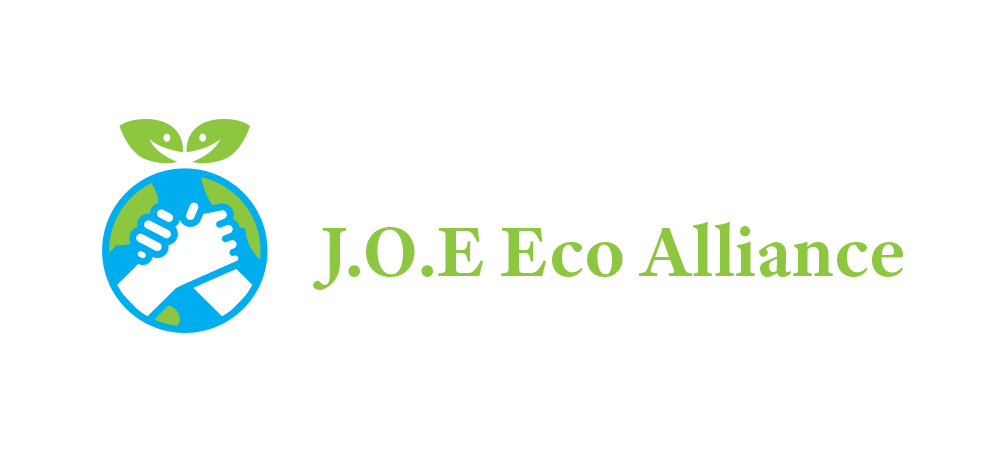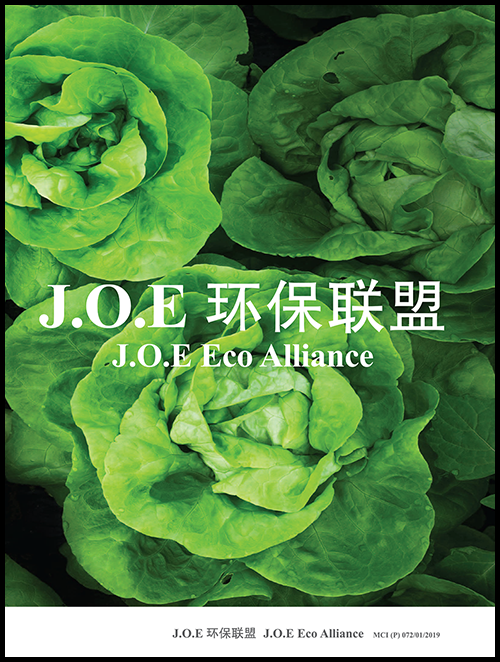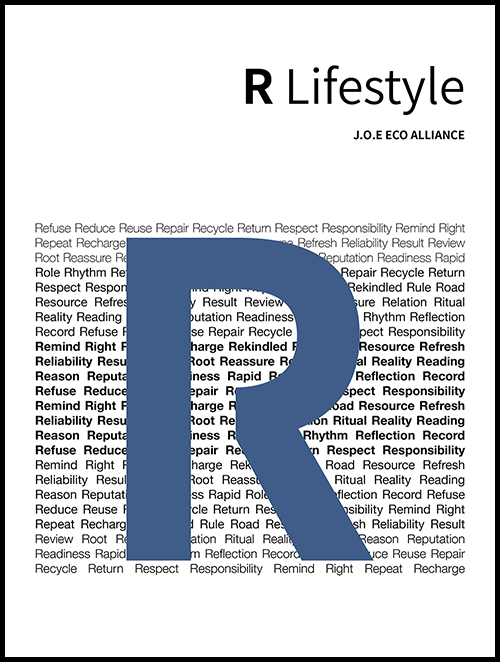Global Waste to Grow by 70 Percent by 2050 Unless Urgent Action is Taken
世界银行在最新报告显示,由于城市化和人口快速增长,到了2050年,全球垃圾量将增加70%,而南亚和撒哈拉以南非洲地区的垃圾增幅最大。前者的垃圾量将翻倍,后者的垃圾量则会是目前水平的三倍。
报告指出,全世界有三分之一的垃圾未经妥善处理就丢弃。若各国加强垃圾的回收和循环利用,会对经济和环境有利。
世界银行城市发展专家、报告主要作者希尔帕·卡扎告诉路透社记者:“如果不采取任何行动,这将会对人类健康、生产力、地方环境和生计产生影响。”
不仅如此,不断增长的垃圾量也将使全球气候问题加剧。根据垃圾产生量、成分和管理方式,2016年因垃圾处理而产生的二氧化碳量,约占全球排放量的5%。
报告指出,垃圾的增长率将高过人口增长率,到2050年,垃圾量将从2016年的20.1亿吨增加到34亿吨。
高收入国家虽然仅占世界人口的16%,产生的垃圾量却占垃圾总量的约三分之一。东亚及太平洋地区的垃圾占总量的四分之一。
虽然全球三分之一以上的垃圾是弃置在垃圾填埋场,但在缺乏适当垃圾管理系统的低收入国家,九成以上的垃圾仍随意丢弃。
希尔帕·卡扎说,为最需要的国家提供资金来建立垃圾回收和处置系统是至关重要的。
“若奖励办法齐一,加上合约得以执行的话,私人企业将能扮演强而有力的角色。”
提倡垃圾回收循环、减少塑料使用和减少厨余垃圾则能有效减少垃圾数量,但报告发现不少低收入国家缺乏垃圾控制的法律。
报告还指出,塑料尤其成问题。如果不妥善收集和管理,塑料会污染和影响河道和生态系统,遗害成百上千年。2016年,全世界产生的塑料垃圾占固体垃圾总量的12%。
不幸的是,垃圾处理不当,受害的往往是社会中的贫困人口。事情不应该是这样。我们的资源需要不断地加以利用和再利用,而不是扔进垃圾填埋场。
世界银行主管可持续发展的副行长 – 劳拉·塔克
Without urgent action, global waste will increase by 70 percent on current levels by 2050, according to the World Bank’s new What a Waste 2.0: A Global Snapshot of Solid Waste Management to 2050 report.
Driven by rapid urbanization and growing populations, global annual waste generation is expected to jump to 3.4 billion tonnes over the next 30 years, up from 2.01 billion tonnes in 2016, the report finds.
Although they only account for 16 percent of the world’s population, high-income countries combined are generating more than one-third (34 percent) of the world’s waste. The East Asia and Pacific region is responsible for generating close to a quarter (23 percent) of all waste. And by 2050, waste generation in Sub-Saharan Africa is expected to more than triple from current levels, while South Asia will more than double its waste stream.
Plastics are especially problematic. If not collected and managed properly, they will contaminate and affect waterways and ecosystems for hundreds, if not thousands, of years. In 2016, the world generated 242 million tonnes of plastic waste, or 12 percent of all solid waste, according to the report.
What a Waste 2.0 stresses that solid waste management is critical for sustainable, healthy, and inclusive cities and communities, yet it is often overlooked, particularly in low-income countries. While more than one-third of waste in high-income countries is recovered through recycling and composting, only 4 percent of waste in low-income countries is recycled.
Based on the volume of waste generated, its composition, and how the waste is being managed, it is estimated that 1.6 billion tonnes of carbon-dioxide-equivalent were generated from the treatment and disposal of waste in 2016 – representing about 5 percent of global emissions.
Mismanagement of waste is harming human health and local environments while adding to the climate challenge, unfortunately, it is often the poorest in society who are adversely impacted by inadequate waste management. It doesn’t have to be this way. Our resources need to be used and then reused continuously so that they don’t end up in landfills.
Laura Tuck, Vice President for Sustainable Development, World Bank
The report notes that good waste management systems are essential to building a circular economy, where products are designed and optimised for reuse and recycling. As national and local governments embrace the circular economy, smart and sustainable ways to manage waste will help promote efficient economic growth while minimising environmental impact.
“It makes economic sense to properly manage waste,” said Silpa Kaza, World Bank Urban Development Specialist and lead author of the report. “Uncollected waste and poorly disposed waste have significant health and environmental impacts. The cost of addressing these impacts is many times higher than the cost of developing and operating simple, adequate waste management systems. Solutions exist and we can help countries get there.”
Supporting countries to make critical solid waste management financing, policy, and planning decisions is key. Solutions include:
- Providing financing to countries most in need, especially the fastest growing countries, to develop state-of-the-art waste management systems.
- Supporting major waste producing countries to reduce consumption of plastics and marine litter through comprehensive waste reduction and recycling programs.
- Reducing food waste through consumer education, organics management, and coordinated food waste management programs.
Since 2000, the World Bank has committed over $4.7 billion to more than 340 solid waste management programs in countries across the globe.
Source: Zaobao & The World Bank








